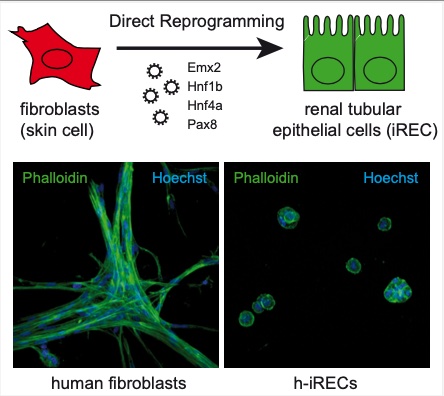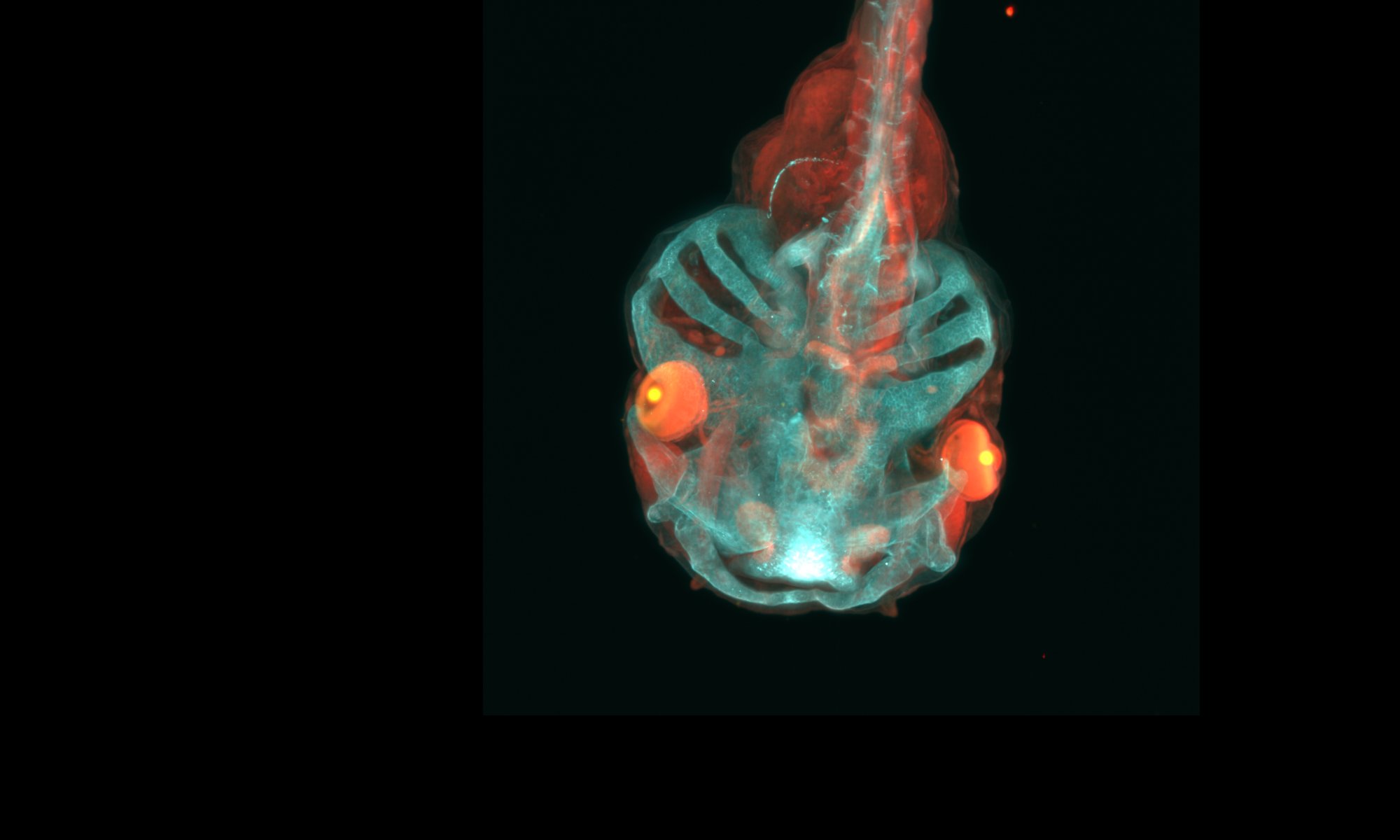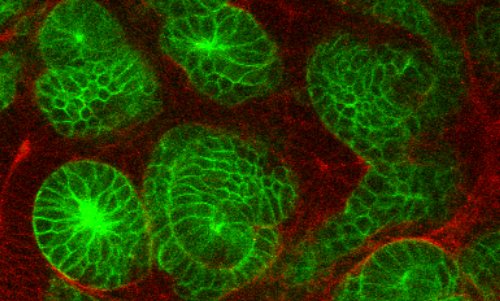Our group is interested in embryonic renal development and disease. Which molecular and structural events lead to the formation of a functioning kidney? How these events are disrupted in hereditary renal diseases is a major focus of our work.
How do renal tubules form?
The kidney is a highly complex, but well-structured organ. We are especially interested in how renal tubules assume and maintain their shape. Using the embryonic kidney of Xenopus, we found that extensive cell migration and rearrangement occurs during tubule formation. Direction to these movements is provided by distinct molecular signals during renal morphogenesis.
What are the molecular causes of hereditary renal disease?
A number of genetic renal diseases can occur early in life and have severe consequences for the affected patients. We try to understand how defective molecules lead to disrupted structural renal development, for example in congenital anomalies of the kidney and urinary tract (CAKUT). Together with a large international team, we identified a novel ciliopathy gene (ANKS6) that causes the rare cystic kidney disease nephronophthisis, when mutated. We use both in vitro and in vivo (CRISPR genome editing in Xenopus tropicalis tadpoles) methods to elucidate the function and role of cilia in maintaining tubular integrity and organ homeostasis.
How is the identity of tubule cells controlled? – Direct reprogramming to tubule cells
We recently directly converted fibroblasts to induced renal tubule-like cells (iRECs) using only four transcription factors. This type of reprogramming does not depend on pluripotency or stem cells, but was the first example of the direct cell type conversion of fibroblasts to a differentiated renal cell type. This technique may be useful to generate novel in vitro models for human genetic kidney diseases or could be used for renal toxicity testing of new drugs. It also sheds light on how the identity of tubule cells is controlled on a transcriptional level. We are investigating the mechanisms of direct reprogramming and potential applications in a project funded by a European Research Council (ERC) Horizon 2020 Starting Grant.

read more at the DiRECT project page.

